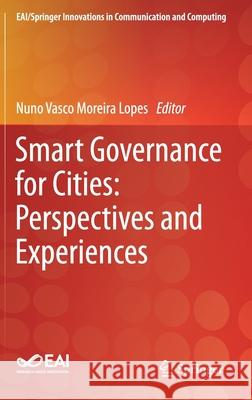Smart Governance for Cities: Perspectives and Experiences » książka
topmenu
Smart Governance for Cities: Perspectives and Experiences
ISBN-13: 9783030220693 / Angielski / Twarda / 2019 / 223 str.
Smart Governance for Cities: Perspectives and Experiences
ISBN-13: 9783030220693 / Angielski / Twarda / 2019 / 223 str.
cena 461,83
(netto: 439,84 VAT: 5%)
Najniższa cena z 30 dni: 443,35
(netto: 439,84 VAT: 5%)
Najniższa cena z 30 dni: 443,35
Termin realizacji zamówienia:
ok. 22 dni roboczych
Dostawa w 2026 r.
ok. 22 dni roboczych
Dostawa w 2026 r.
Darmowa dostawa!
Kategorie:
Kategorie BISAC:
Wydawca:
Springer
Seria wydawnicza:
Język:
Angielski
ISBN-13:
9783030220693
Rok wydania:
2019
Dostępne języki:
Numer serii:
000824465
Ilość stron:
223
Waga:
0.50 kg
Wymiary:
23.39 x 15.6 x 1.42
Oprawa:
Twarda
Dodatkowe informacje:
Wydanie ilustrowane











